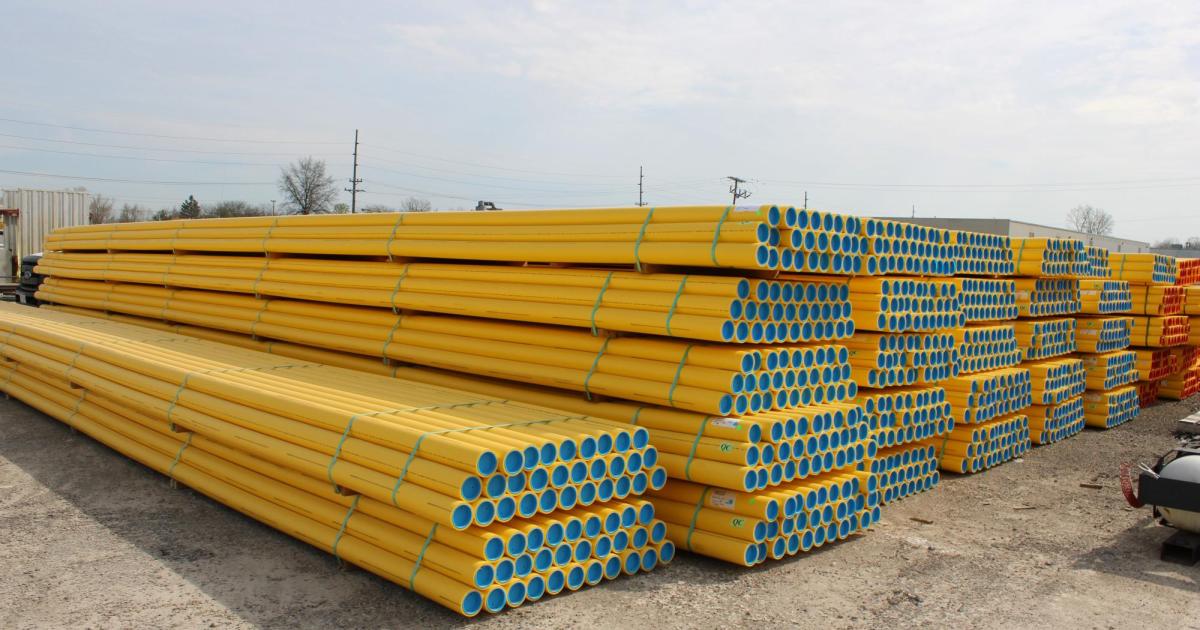Call Us 740-344-2102 Electric Outage 888-535-5732
Odor Fade
The natural gas we deliver to you has an odor added to it. Even though a distinctive odor (smells like rotten eggs) is added to natural gas to assist in the detection of leaks, you should not rely solely on your sense of smell to determine if a gas leak exists or if natural gas is present. You may not be able to detect the odorant because of a weakened sense of smell or because the odorant is masked by other odors. Rare conditions, such as odor fade (loss of odorant), could occur which may cause the odor to diminish and is not detectable.
Loss of Odorant
Odor fade (loss of odorant) can occur when physical and/or chemical processes cause the level of odorant in the gas to be reduced. This can occur more often in installations of new gas pipe than in existing pipe. If a natural gas leak occurs underground, the surrounding soil may cause odor fade. Other factors that may cause odor fade include, but are not limited to,
- the construction and configuration of the member’s gas facilities
- the presence of rust, moisture, liquids, or other substances in the pipe
- gas composition, pressure, and/or flow.
Intermittent, little, or no gas flow over an extended period of time may also result in the loss of odorant until gas flow increases or becomes more frequent.
Never purge the contents of a gas line into a confined space. Only a qualified professional should purge a gas line. Purging should be done in a well-ventilated area or by venting the contents to the outside atmosphere away from potential ignition sources. Gas detection equipment should always be used during purging operations or when working on gas piping systems to determine that no natural gas is present that may result in a combustible or hazardous atmosphere

